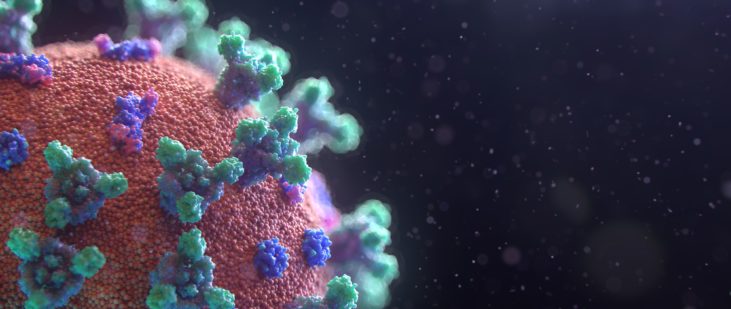The Center for Law, Brain, and Behavior is active in informing legal responses to the novel coronavirus. See below and stay tuned for more:
CLBB Co-Founder and Co-Director Dr. Judith Edersheim on Why Are Young People So Bad at Coronavirus Social distancing? Blame Their Brains. in USA Today.
When the world began to shelter in place, the news was filled with accounts of groups of teenagers hanging out on the beach and being scolded for their selfishness. Adults told them to grow up and use good judgment and stop being reckless.
But these lectures were utterly ineffective. Even after one spring breaker’s infamous declaration that he wasn’t going to let COVID-19 stop him from partying, and the internet backlash that followed, college students were still going to parties and flouting their recklessness on Twitter with the hashtag #boomerremover.
Now that many universities are considering postponing a return to campus until 2021, this problem has returned to the front burner. Why can’t these young adults simply follow the rules like everyone else? As experts in neuroscience and the law, my colleagues and I urge you not to judge these youths too harshly. Their brains are very much to blame. Keep reading …
CLBB Student Research Assistants Fenella McLuskie, Sina Sadeghzadeh, and Oliver Q. Sussman on The Forgotten: Juveniles In Detention During COVID-19 in The Harvard Crimson. Fenella McLuskie is a first-year student at Harvard Law School. Sina Sadeghzadeh ’21 is a Neuroscience concentrator in Dunster House. Oliver Q. Sussman ’21 is a Neuroscience concentrator in Pforzheimer House.
With more than two million people affected worldwide, the novel coronavirus is exposing social inequities. In a study of COVID-19 and youth, about 90 percent of infected children developed mild to moderate symptoms while only 0.6 percent suffered more severe complications. Yet true to the theme of exacerbated inequality, some populations of youth are at a higher risk than this overall average would suggest.
Compared to other children, children in the juvenile justice system are disproportionately more likely to have compromised immunity, asthma, and other underlying health conditions which put them at higher risk for developing acute coronavirus complications. While there has been much attention paid to different vulnerable populations in our society, juvenile detainees, as usual, are often left out of the conversation. Keep reading …
CLBB Managing Director Judge (Ret.) Nancy Gertner on Coronavirus Can Mean A Death Sentence to Prisoners in the Boston Globe.
Even with the coronavirus spreading in prisons, even though incarceration could be fatal and the crime rate during the pandemic has cratered, some officials will not listen to public health experts.
In one federal courtroom, a defense lawyer argued for a client’s release before trial because he was an insulin-dependent diabetic, which, the Centers for Disease Control and Prevention says, increased his risk of infection; the judge refused, saying, as the lawyer told me, the CDC studies must be taken with a “grain of salt,” since it is a “novel” virus. The lawyer persisted: Given the fatality rate of COVID-19, the court should err on the side of caution; none of the defendant’s charges warranted death. To this judge, “erring on the side of caution” meant prison; release denied. While there may have been reasons for the decision, the judge’s comment has troubling echoes of President Trump’s disparagement of expertise. Worse, it shows a stunning lack of empathy. Keep reading …
CLBB Advisory Board Member Attorney John Reinstein and CLBB Managing Director Judge (Ret.) Nancy Gertner on Compassionate Release Now for Prisoners Vulnerable to the Coronavirus in the Boston Globe.
Prisons are Petri dishes for disease in the best of times, but they could become incubators for COVID-19 now. Prisoners sleep, eat, and shower in enclosed quarters with limited ventilation. Social distancing is impossible. Prison populations also have greater rates of serious health problems than the general population. Many are elderly, and have diabetes, cardiovascular disease, asthma, and cancer, conditions that, if they become infected with COVID-19, make them more likely to require intensive care and especially vulnerable to dying of the disease. Keep reading …
Dr. Bruce H. Price on Protecting Older Adults from Financial Scams Amidst COVID-19
COVID-19 is introducing unparalleled challenges for older adults. In addition to being especially vulnerable to severe complications from the novel coronavirus, the bank accounts of older adults are now being targeted by well-organized predators. Why are older adults being targeted and what can we do to protect them?



